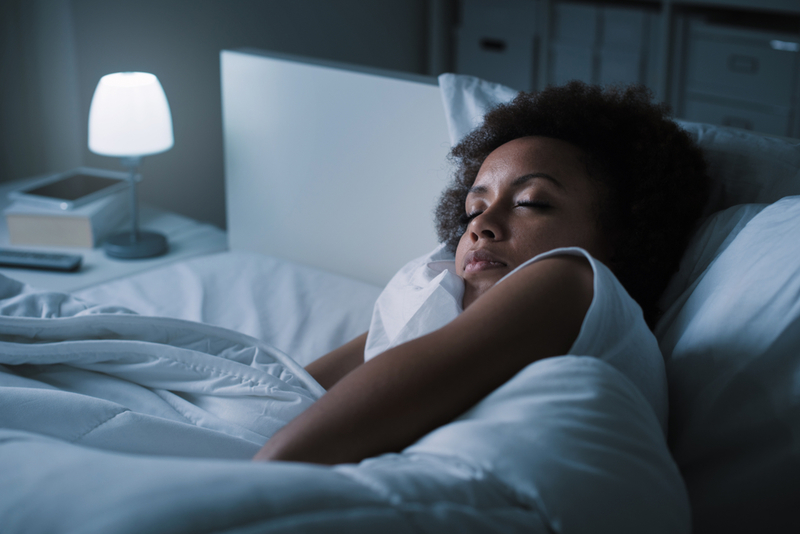
Do You Always Want To Sleep In? Here are Some Things Your Body Could Be Telling You
Research shows that most adults report waking up feeling tired at least once a week. Of course, many things can cause that tired, sluggish feeling in the morning. The good news is that many of them are preventable. Here are some of the main reasons you might be waking up more tired than when we went to sleep, and what we can do about them:
1.You’re not sleeping enough
According to the American Academy of Sleep Medicine’s advice, let’s get the obvious one out of the way first: Most of us adults need about 7-9 hours of sleep a night. While many of us can get away with less and still feel fine the next morning, they are few and far between.
2. You’re sleeping too much
At the opposite end of the sleep spectrum, it’s also possible to sleep too much. Some indications that you might be oversleeping could include feeling fatigued throughout the day but getting a burst of energy at night, suffering from morning headaches, and experiencing brain fog.
3. You’re not getting high-quality sleep
If you consistently clock 8 hours of slumber but still wake up feeling tired, it could be a sign that you aren’t getting good-quality sleep. There are four different sleep stages, REM and non-REM deep sleep—are the stages where our brains really get to rest and recharge. To promote deeper sleep with fewer wakeups, turn down your thermostat, use a white noise machine to drown out any noise, or try a sleep-promoting supplement like magnesium.
5. You’re eating too close to bedtime
Alas, indulging in a sweet snack right before bed can prove difficult when it comes to falling asleep. Board-certified sleep specialist Michael J. Breus, Ph.D., says most people would be better off having a midnight snack of 200-250 calories about 30 minutes before bed—ideally a mix of whole carbs and fat or protein.

6. Your sleep schedule is all over the place
Our bodies love consistency, so hitting the hay at 10 pm one night at 1 am the next night will only bewilder your system. To get into a good rhythm, try to set a nighttime alarm one hour before you want to get into bed to remind yourself to start getting ready and winding down. Soon enough, it could make that morning alarm sound a lot less jarring.
7. You were on your phone too late
Nighttime can also be your cue to put your phone and other electronics away for the evening. Looking at blue light too much when your close to sleep can mess with your circadian rhythm, and these days scrolling usually just gets you excited or in a state of dread—none of which are favorable to deep, restorative rest.

8. You have sleep apnea
Sleep Apnea is a medical condition that causes breathing irregularities during sleep; it can often lead to frequent wake-ups or snoring throughout the night. If you suspect you may have it, a doctor will be able to tell you for sure. They might recommend a new sleeping position, changing your diet, or weight loss as potential treatment plans.

The Real Reason People Panic-Buy

The Reason You Should Save Your Pasta Water isn’t Why You Think

What’s Worth Knowing About Animal Intelligence

Helping Your Cat Handle Holidays

The Science Behind Polydactyl Multi-Toed Cats

The Most Hilarious Job Fails by the World’s Worst Employees

Fast Food Restaurant Employees Share 50 Items You Should Never Order

Vintage Hygiene Tips That Are Actually Real

More Planes That Have Should Never Been Built

Crazy Inventions You Need to See to Believe






















